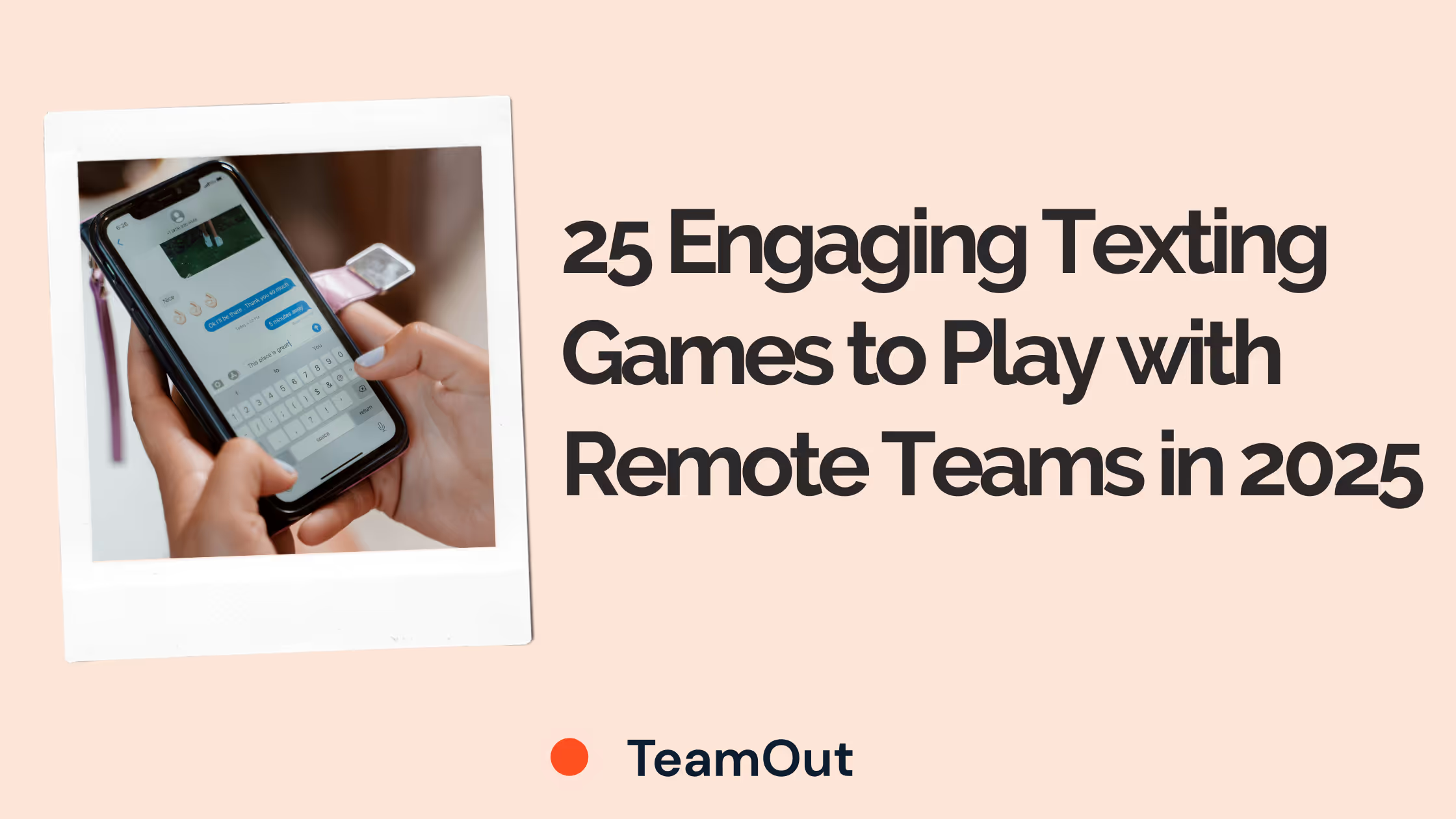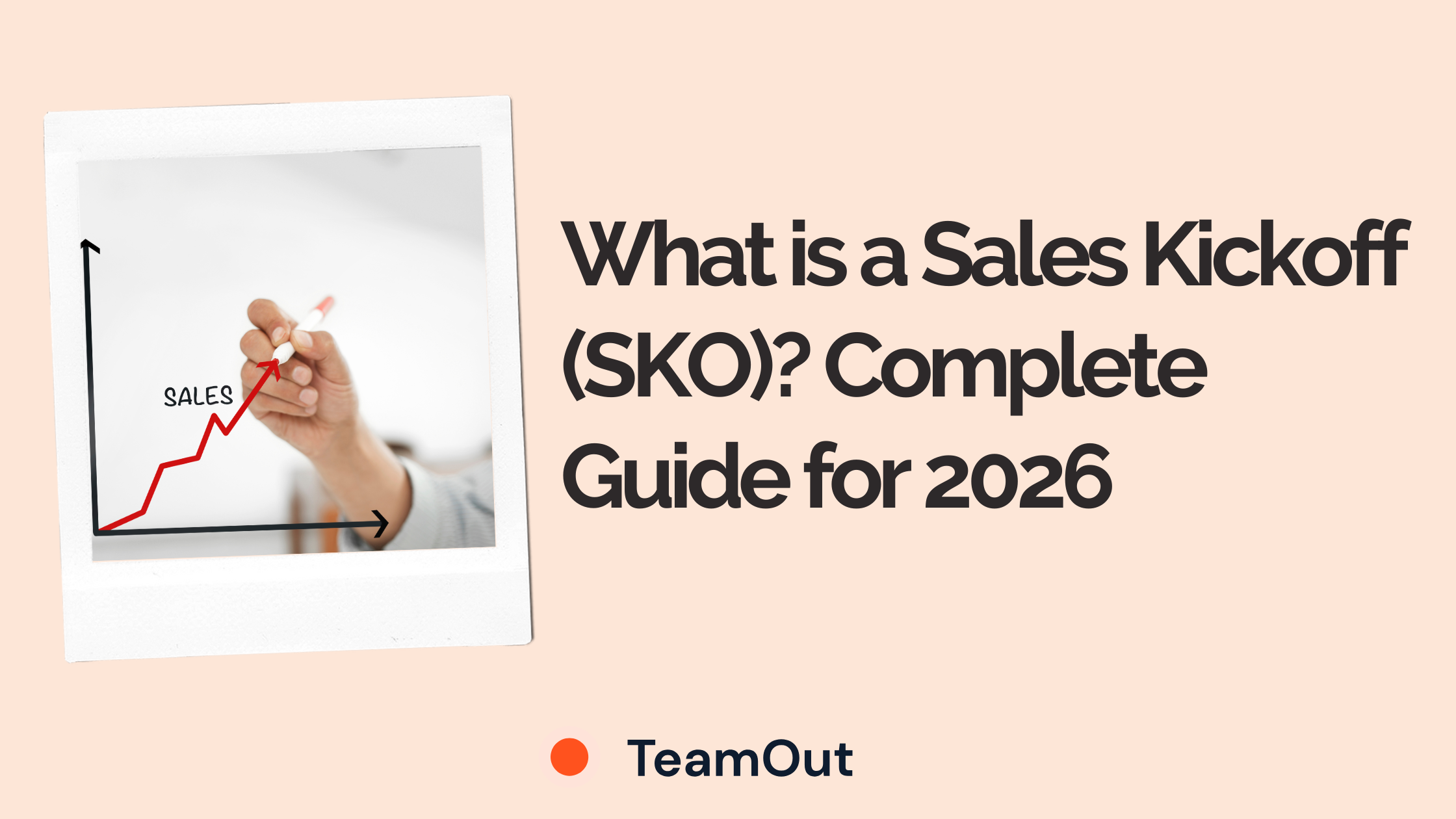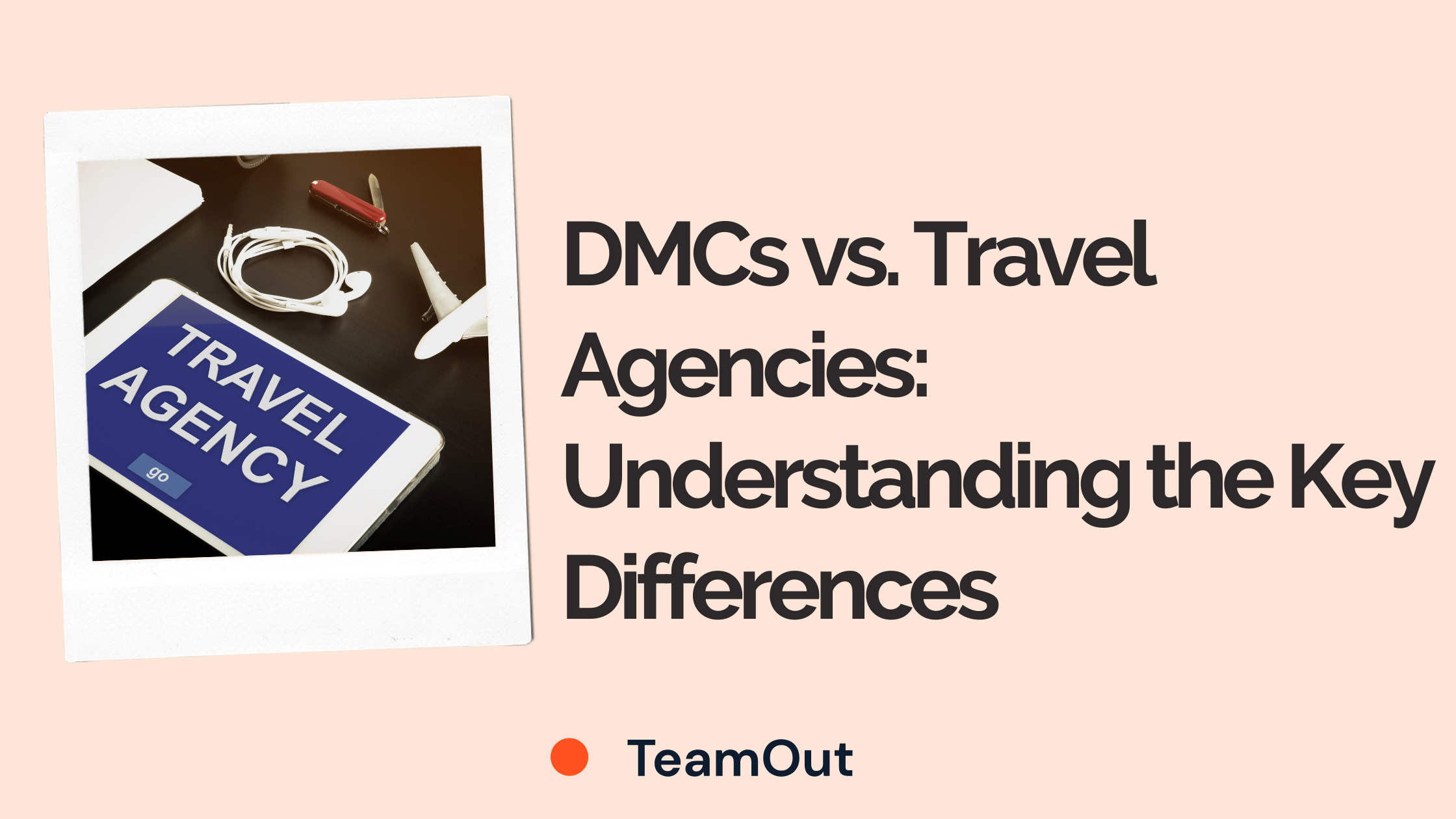During their day-to-day work, your staff members learn how to function together as a team and get their tasks done, ready to move on to the next challenge. Of course, that’s the ultimate goal any company should be pursuing. But this often happens at the expense of true connectedness and companionship. Employees go through the motions, and it all works fine as long as there isn’t the slightest misunderstanding or complex issue to tackle.
Teamwork activities foster deeper relationships between participants. If the company is remote, it can also be a great occasion to bring together remote workers to get to know each other. Organizing a team-building event filled with fun group activities can help you hone in on what will turn a good team into an awesome one! Here’s what you need to know about team-building activities and company retreats.
What Are Teamwork Activities?
The concept of “teamwork activities” has a broad definition. From happy hour to parachuting and everything in between, almost any form of activity that isn’t directly centered on a work task can qualify. That isn’t to say that team building activities should be exclusively recreative. Collaborative workshops designed with work-related objectives in mind – such as goal-setting or feedback sessions, classes on strategic planning, and more – balance out fun group activities and cement the deeper bond created between your employees around actionable targets.
This plurality can make finding the ideal mix of engaging games and more “serious” teamwork activities a real challenge. In many cases, the answer isn’t in choosing the suitable workshop or the best outing but rather in combining several approaches. Don’t worry: That’s precisely where TeamOut comes in! We’re here to help you create successful retreats that tick all the boxes.
Why Are Teamwork Activities So Important for Employees?
Teamwork activities are all about communication. Team-building activities and exercises help people get to know one another on a more personal level. These sessions highlight their interests, talents, strengths, and communication styles. They also bring out their weaknesses and insecurities. Staff members get a chance to understand how they can all be at their best and support each other in doing so as well.
Time enjoyed as a group outside the strict confines of day-to-day tasks fosters a sense of belonging and trust. In turn, this translates into a confidence-boosting atmosphere once everyone is back at the office. When they feel supported by their teammates, employees dare to bring new ideas to the table and let their personality shine.
Last but certainly not least, fun group activities and teamwork exercises help remind everyone that success doesn’t happen in a vacuum. These moments solidify the notion that what you do as a group (and as a company) is not about the individual. They remind coworkers that competitive behavior and lack of harmony rarely accomplish anything.

How Do Retreats Take Team Building Activities to the Next Level?
Whether you’re working toward a specific company goal or looking to strengthen the bond between your employees, corporate retreats offer the ideal settings. One of the main benefits of a retreat is that you can focus on teamwork activities without the hustle and bustle of the office interfering with the process. And since you’re there for at least a couple of days, you can plan multiple team-building exercises and fun group activities to get the most out of your trip.
An offsite team retreat provides an opportunity to work on communication, collaboration, and bonding. Regardless of the type of exercises, activities, and workshops you end up selecting, your employees will spend time together in a more laid-back environment, face a variety of challenges together, and experience memorable moments.
Here’s how it works:
· On Day 1, you could ask all the attendees to arrive at the venue in the afternoon. Once you’ve taken a few minutes to explain the objectives of the retreat, some fun ice-breaker games will put everyone in the right mindset. Enjoy a delicious dinner together before everybody retires to their private room for the night.
· On Day 2, you could coordinate a studious workshop where participants will work on solving work-related issues or learn new skills that directly apply to what you do as an organization. You could also opt for a seminar-like session and use this format to communicate your company vision. In the afternoon, schedule some free time to let everyone internalize what’s been said and enjoy a little alone time. Another alternative would be to plan a nice, low-key experience like a couple of hours at the spa or some beach time. You can all reconvene at dinner.
· On Day 3, now that the participants have warmed up to each other, they get to partake in some team-building activities and bonding experiences. Think river rafting, zip-lining, scavenger hunts, and other fun challenges.
· On Day 4, it’s time for everyone to part ways after thank-yous over breakfast.
What Are the Main Types of Team-Building Activities to Do During a Retreat?
One of our best tips for a successful retreat is to select the most appropriate teamwork activities for your group. At TeamOut, we’re here to help you create a custom itinerary to promote visionary thinking, communication skills, creative problem-solving, and more. We’ll design a corporate retreat based on your goals and/or the issues you wish to address.
What work activities can be included in retreats? Here are a few ideas to set you on the path to building the perfect team event (new URL).
Defining or Re-Evaluating Your Company Values
If your company just launched or if you’re implementing big changes, getting a fresh start, etc., establishing your (new) core values as an organization is essential regardless of your group’s size.
Involving your employees in the definition and execution of your company culture is immensely beneficial as it helps create a working environment where each member of staff feels like they belong. From fun group activities such as designing a coat of arms for your organization to role-playing games around work-life balance or integrity, and all the way to a simple, open discussion… Here, everyone’s allowed to dream big!
Brainstorming Sessions
Lightning-fast brainstorming sessions are a fun way for team members to work on their communication skills. With a duration of minutes or less, this team-building exercise becomes a stimulating problem-solving session.
Of course, you can also do this more traditionally by giving your teams additional time. The challenge could be to come up with new ideas together, solve problems creatively, and develop new strategies. This teamwork activity can be entirely work-focused or, on the contrary, allow participants to explore completely different and inspiring concepts.
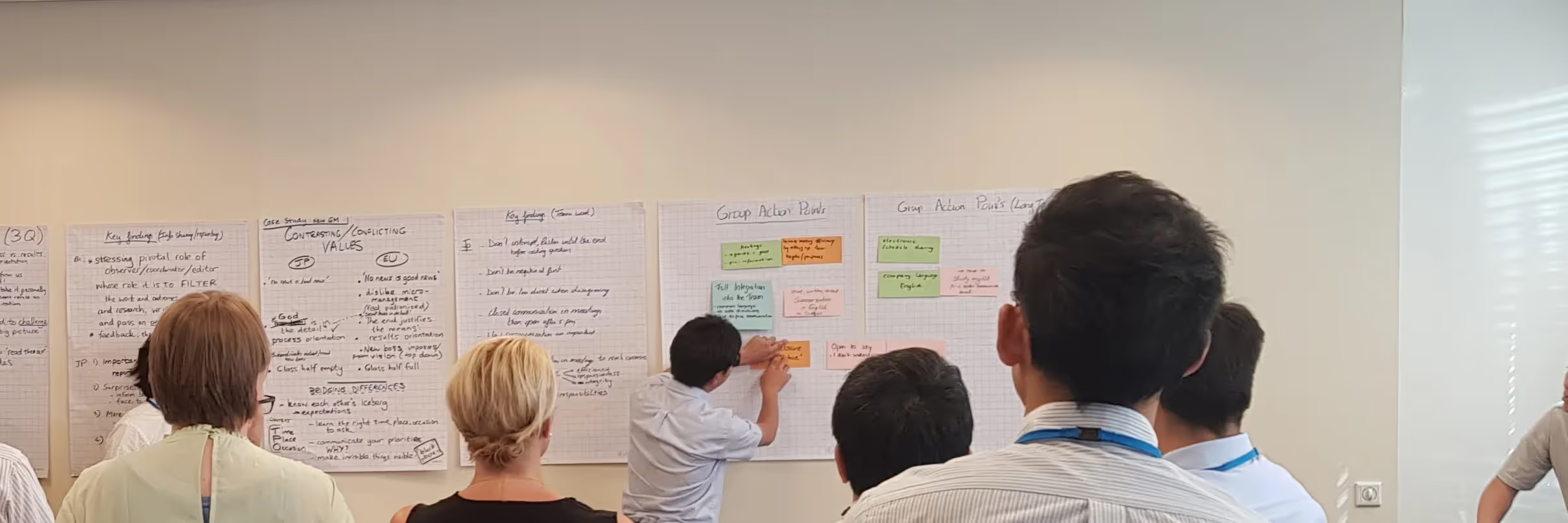
Skill-Building Workshops
A corporate retreat is also the best time to introduce your employees to new or specific skills such as leadership, communication, or project management. Some of these events can also be organised under the form of virtual corporate trainings, if your team is spread out. Workshops or training sessions are the ideal way to do so. You can create your entire team-building event around this activity or make it a less prominent part of your retreat itinerary.
Goal-Setting and Planning
Organizing a retreat allows you to dedicate time to individual and/or team goal-setting and to create action plans to see them through. Use this distraction-free environment to define priorities, new goals for the upcoming quarter, long-term plans, etc.
Strategic Planning
You can go even further by inviting leaders, managers, and decision-makers to join and plan for the future, make important decisions, and set the direction for the company. Bringing together this group of very busy individuals who rarely have the chance to connect is a crucial habit to make. Your entire organization will benefit from this exchange, and it will help you move forward more coherently and efficiently.
Cross-Functional Collaboration
Different departments or teams are often co-dependent, yet they rarely get to work together on projects or initiatives. Give these employees the opportunity to get to know each other and understand how everyone works by organizing tailored experiences. With well-selected team-building activities, you can help them feel much more connected.
Through a constructive exchange of ideas, participant teams will benefit from external advice and gain a new and fresh perspective on some key topics.
Feedback Sessions
Feedback sessions are a time for employees to receive feedback on their performance, set new performance goals, and discuss career development plans. Holding these feedback sessions offsite, in different and inspiring settings, is a wonderful way to check in with your staff without taking them away from their daily tasks or creating unnecessary pressure.
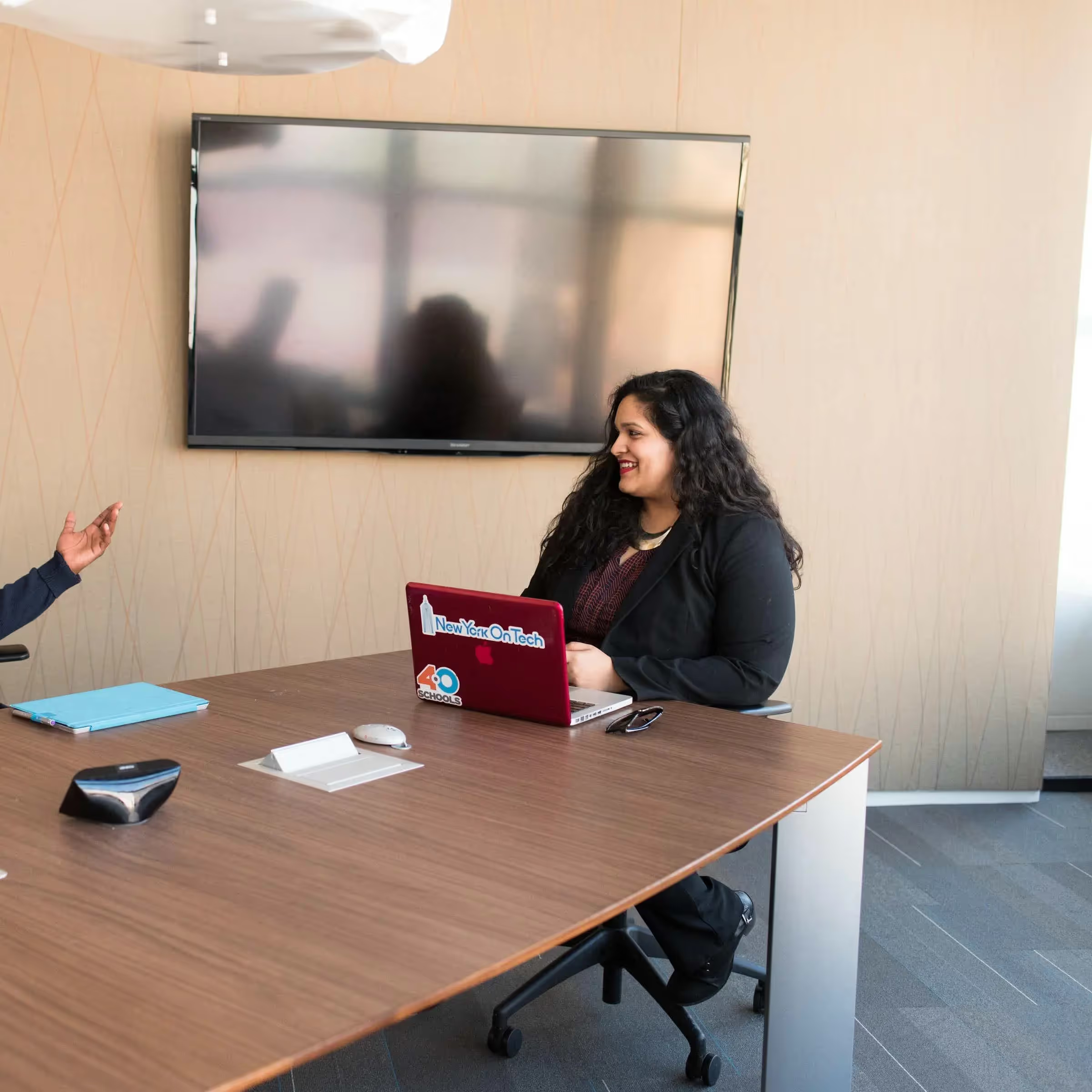
Are you looking for more advice on how to plan a corporate retreat? Do you need help organizing the most outstanding team event for your employees? Get in touch with our experts now. From selecting and booking the perfect venue to putting together an awesome retreat itinerary (efficiently saving on costs) and coordinating teamwork activities, workshops, and team-building exercises, we’ll be with you every step of the way!





